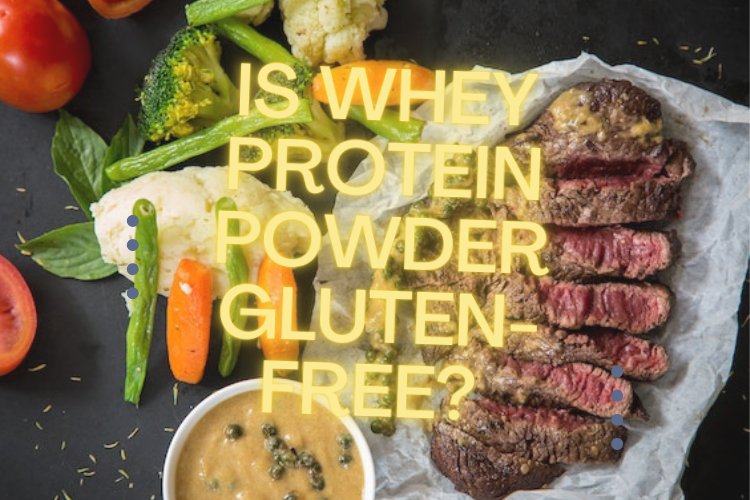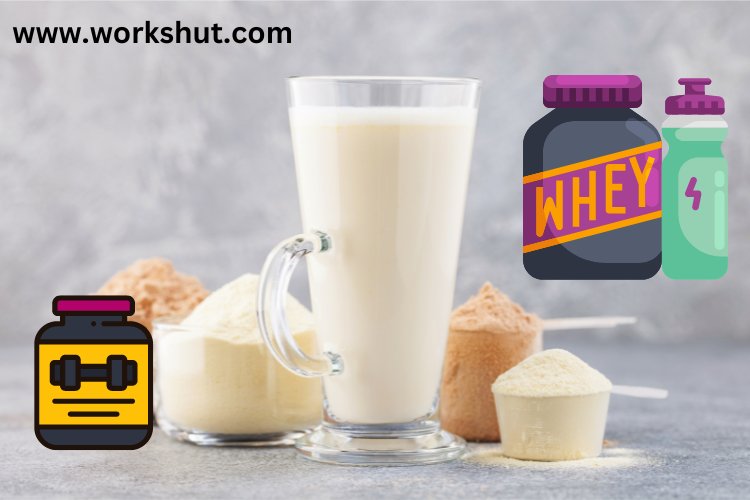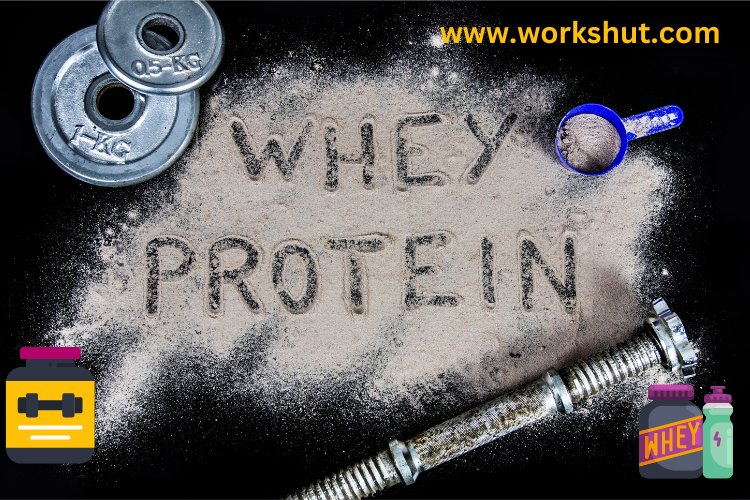Is Whey Protein Powder Gluten-Free? How to Be Sure
Whey protein: Health benefits, side effects, and dangers, Is Whey Gluten Free? What You Need To Know, Does Whey Powder Contain Gluten?

Is Whey Protein Powder Gluten-Free? How to Be Sure?
One of the most popular protein sources in protein powder is whey, which has a lot of advantages. It is simple for your body to utilise and could enhance sports performance, encourage muscular growth, and prevent exercise-related injuries
Whey is also inherently gluten-free since it is separated from milk. You might be curious as to whether this holds true for all items that include it, such as whey protein powders. How to recognize whey protein powders free of gluten is described in this article.

Gluten in whey protein powders
The majority of whey protein powders also include stabilizers, flavorings, or preservatives.This indicates that some powders contain components that contain gluten.
If a whey protein powder is produced in the same facility as other goods that contain gluten, there is also a chance of cross-contamination with gluten. Even if the product itself does not contain a gluten-containing ingredient.
How to tell if your whey protein powder is gluten-free
If a product is labeled "gluten-free" in the US, it must be prepared using gluten-free components and have a gluten content of under 20 parts per million (ppm). The ability to recognize gluten-free whey protein powders is made simple by these labeling regulations.
Additionally, you can select protein powders that have received a gluten-free certification from an independent body, such the Gluten-Free Certification Organization (GFCO). Products must have a gluten content of no more than 10 ppm in order to bear the GFCO seal of approval. This is more severe than the legal minimum. If you have any worries or inquiries when adhering to a strict diet for celiac disease, you might want to get in touch with the product's maker.
Ingredients to avoid
When eating a gluten-free diet, you should avoid specific ingredients. Avoid all products made from wheat, rye, barley, and their derivatives, including wheat flour.
Additionally, there are a few difficult components that, although appearing to be gluten-free, you should be wary of.
These ingredients include some of the following:
- brewer’s yeast
- graham flour
- hydrolyzed wheat protein
- malt
- modified wheat starch
- spelt
- bulgur
- oats, unless they are certified gluten-free
- natural and artificial flavors
- certain types of food coloring
- modified food starch
When used in non-gluten-free products, these components may be cause for worry.
However, if they are stated on the label of a product that has been certified gluten-free, neither the product nor any of its ingredients contain gluten.

Gluten is normally absent from whey protein. However, a lot of whey protein powders could be contaminated with gluten or have gluten added to them.
To verify that a product satisfies tight requirements, look for protein powders that have a third-party mark of certification.
You have access to a variety of whey protein choices that are gluten-free to aid in muscle growth and performance enhancement.













